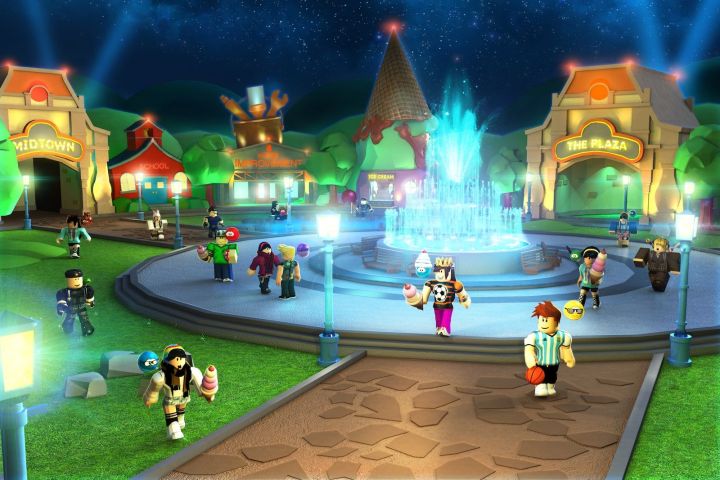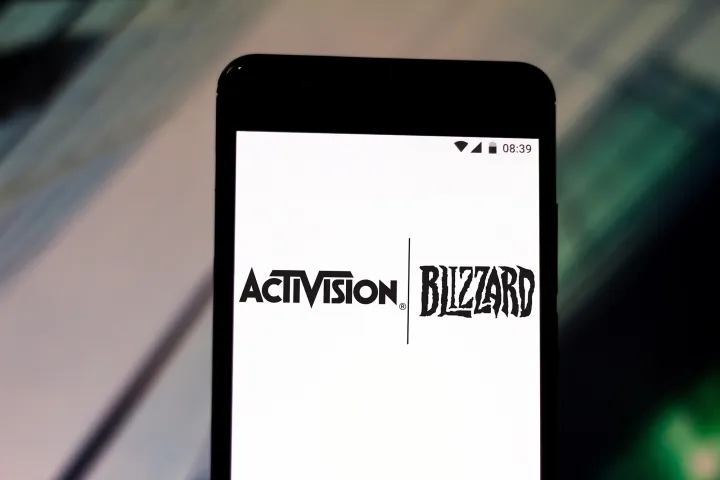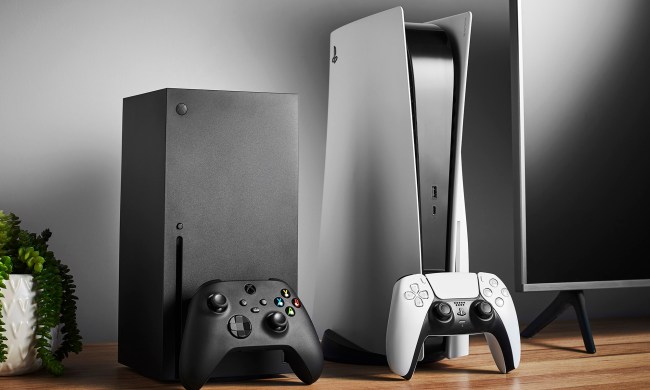Hold on tight, gamers: 2022 is going to be weird.
When it came to the video game industry, 2021 felt like 12 months of table setting. Between long delays and experimental tech trends, it quickly became clear that 2022 was going to be a significant year for video games. Futuristic concepts like “the Metaverse” and “blockchain gaming” began to dominate conversations throughout 2021, but they weren’t just hollow buzzwords. Some of the biggest companies in the world put serious money behind those ideas, ensuring that they’d be around for a while longer — for better or worse.
With all the pieces finally in place, players should expect an unpredictable year with extreme peaks and valleys. There will be games and news that get players excited, but get ready for a whole lot of social media discourse. Here are four trends to look for throughout the next 12 months.
A massive year for games

I hope you’ve been saving up a lot of money in 2021 because this is going to be a pricey year. After a year defined by high-profile delays, 2022 is looking like the biggest year for video games since 2017. Even a quick glance at the current release schedule is intimidating. If all goes according to plan, players will get
“If” is the keyword there. The main reason 2022 is looking so crowded at the moment is that several of those games were supposed to launch in 2021, but were delayed due to the pandemic. With the Omicron variant currently surging, it doesn’t seem like game development will be back to 100% efficiency any time soon. There’s a good chance that a chunk of those games could shift to 2023. Even with that possibility looming, there’s still enough on the calendar that gamers should be busy with or without a handful of delays.
Welcome to the Metaverse

If you don’t keep up with tech news, the Metaverse may have sounded like an entirely new concept in 2021. That was largely thanks to Meta (formerly
Now that it’s a hip and marketable concept, you can expect companies to get even more explicit about the connection between gaming and the
NFT drama inbound

If you were hoping the hubbub around NFTs and cryptocurrency were just a passing fad in 2021, you’re in for a rude reality check. Video game companies have only begun to experiment with the technology and there’s no reason to believe they’ll stop anytime soon. Giants like EA and Square Enix made massive investments in blockchain technology, which will likely come to fruition in the new year. Soon, you’ll likely be able to buy and own virtual goods in a variety of mainstream games — if you have a wallet full of cryptocurrency.
It won’t happen without a fight, though. Gamers have proved to be resistant to the idea already, doing battle with any company that dares to dip its toe into uncharted waters. Ubisoft’s current NFT experiment is off to a weak start and S.T.A.L.K.E.R. 2: Heart of Chernobyl’s planned NFT integration received so much backlash that the game’s developer canceled its plans entirely. Any major NFT gaming project will be met with a swift backlash on social media; it’s just a question of whether or not companies think it’s worth weathering the storm.
An industry reckons with toxicity

The biggest gaming story of 2021 wasn’t Halo Infinite, Metroid Dread, or any exciting new game: It was a series of bombshell reports about Activision Blizzard’s history of workplace toxicity. That story took over the news cycle, painting the industry in a troubling light. Players were placed in a moral dilemma, questioning whether or not it was ethical to play games created under such dark working conditions.
Sadly, this isn’t a new revelation. In 2020, players saw the same story unfold at Ubisoft. Before that, it was Riot Games. A recent IGN report notes that Destiny 2 developer Bungie faces a similar crisis. It’s a seemingly widespread issue and one that’s likely happening at more studios than the ones we know about.
The video game industry can’t keep sweeping the issue under the rug. Reporters are routinely uncovering problems at more studios and players have become more vocal about it. Just look at Star Wars Eclipse, which has players promising to boycott it due to developer Quantic Dream, a studio with an alleged history of workplace toxicity. Importantly, game makers seem to have hit a breaking point as well. Activision Blizzard employees have started making moves to unionize their workplace, which would be a historic move. The gaming industry is at a boiling point heading into 2022 and it’s unlikely that executives will be able to keep a lid over it much longer.



